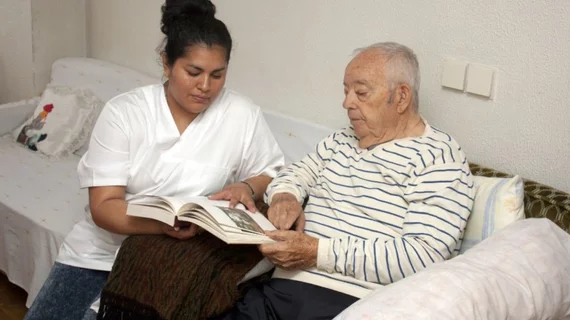Computer-assisted cognitive behavior therapy reduces depressive symptoms better than usual treatment
Computer-assisted cognitive behavior therapy (CCBT) reduced symptoms of depression among primary care patients better than usual treatment methods, according to a new study published in JAMA Network Open
The goal of the study was to assess whether clinician-supported CCBT is more effective than treatment as usual (TAU). Researchers also sought to examine the feasibility of utilizing CCBT for low-income patients who have limited internet access and low education levels.
About 61.5% of patients reported an income of less than $30,000 per year. Additionally, 74% of the patients were not college graduates while 10.6% had reading test scores of less than ninth grade proficiency.
Researchers examined 175 patients who scored 10 or more on the Patient Health Questionnaire-9 (PHQ-9). Participants were randomly assigned to undergo either CBT or TAU for 12 weeks. Follow-up was conducted three and six months after treatment ended. Eighty-four percent of patients were women, and the mean patient age was 47 years old.
In the analysis, PHQ-9 scores declined over time in both treatment groups.
Nevertheless, there were larger differences observed post-treatment for the CCBT group compared with the TAU group. The authors found that the effects persisted at the three-month and six-month post-treatment follow-up periods.
In addition, the rates of response and remission were substantially higher in the CCBT group compared with the TAU group at all measurement points. For instance, at post-treatment, the response rates were 58.4% for CCBT and 33.1% for TAU. Furthermore, the remission rates were 27.3% for CCBT and 12.0% for TAU, according to the authors.
“The method of CCBT described here may be useful in primary care patients with depression who have low levels of income, education, or reading proficiency as well as in those who lack internet access,” lead author Jesse H. Wright, MD, PhD, with the Department of Psychiatry and Behavioral Sciences at the University of Louisville School of Medicine, and colleagues concluded.
Read the full study here.
